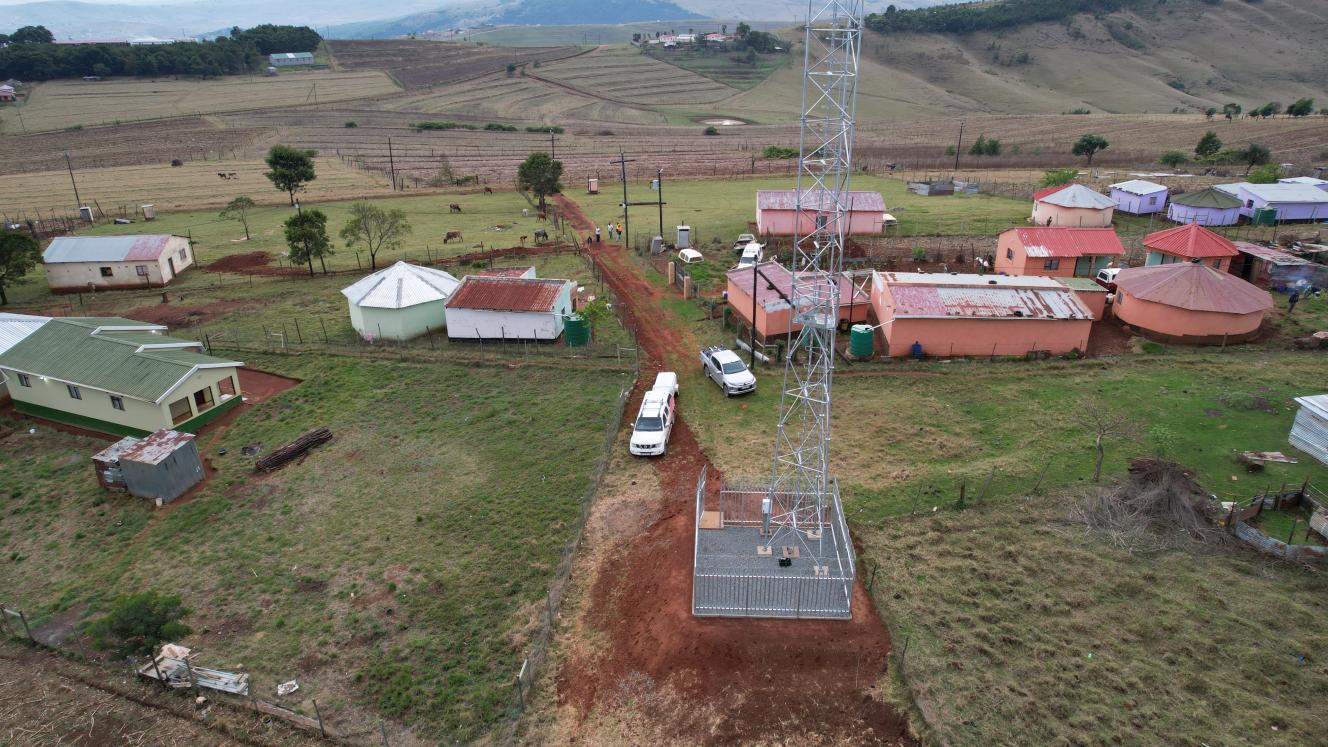As debate intensifies over the Democratic Alliance’s proposal to amend South Africa’s Broad-Based Black Economic Empowerment (B-BBEE) framework, telecoms industry players are warning that the move will undo decades of progress and push black entrepreneurs out of critical industries.
“Without BEE, we would never have entered the telecoms industry,” says Sean Shipalana, CEO of Moropa Site Solutions. “It’s one of the most capital-intensive and closed sectors in South Africa. BEE gave us the opportunity to compete, build infrastructure, and create real jobs in areas that were previously forgotten.”

Shipalana says BEE must not be confused with corruption. “When contracts are inflated or tenders are abused, it’s corruption. Punishing black businesses for what corrupt individuals have done is both unfair and short-sighted. The policy itself was never the problem. Poor implementation and weak accountability systems are to blame.”
A bridge Into an elusive industry
Moropa Site Solutions, one of the few black-owned companies in South Africa’s tower and network infrastructure space, has built towers in rural and underserviced communities - areas that mainstream operators often overlook.
Shipalana says the company’s existence proves that transformation policies can work when applied correctly.
“BEE was the bridge that allowed us to enter an industry previously reserved for a select few,” he explains. “It opened doors for investment, partnerships, and job creation. Without it, the same handful of companies would still control the country’s connectivity backbone.”
Access to capital remains the biggest barrier
Moropa’s co-founder, Khanya Shipalana, adds that access to finance remains one of the biggest hurdles for black-owned businesses, particularly in sectors dominated by legacy players.
“We applied to sixteen funders before finding one that believed in us,” she says. “That’s the reality many black entrepreneurs face. Even today, we believe that less than one percent of telecoms infrastructure spend goes to black-owned businesses.”
Shipalana warns that if empowerment laws are diluted, these barriers will only deepen. “We’re already fighting uphill battles against financial exclusion and slow government payments. “Without BEE, the momentum of transformation will collapse, and legitimate black-run businesses may once again be shut out of opportunity.”
Call for reform, not removal
While the company supports efforts to improve transparency and efficiency within the BEE framework, it cautions against abandoning it entirely.
“BEE isn’t a token gesture. It’s a practical step toward real equality,” says Sean Shipalana. “It’s about correcting centuries of exclusion. Reform it, strengthen it, make it fairer, but don’t dismantle it. If more than half of our population can participate fully in the economy, we all win.”














